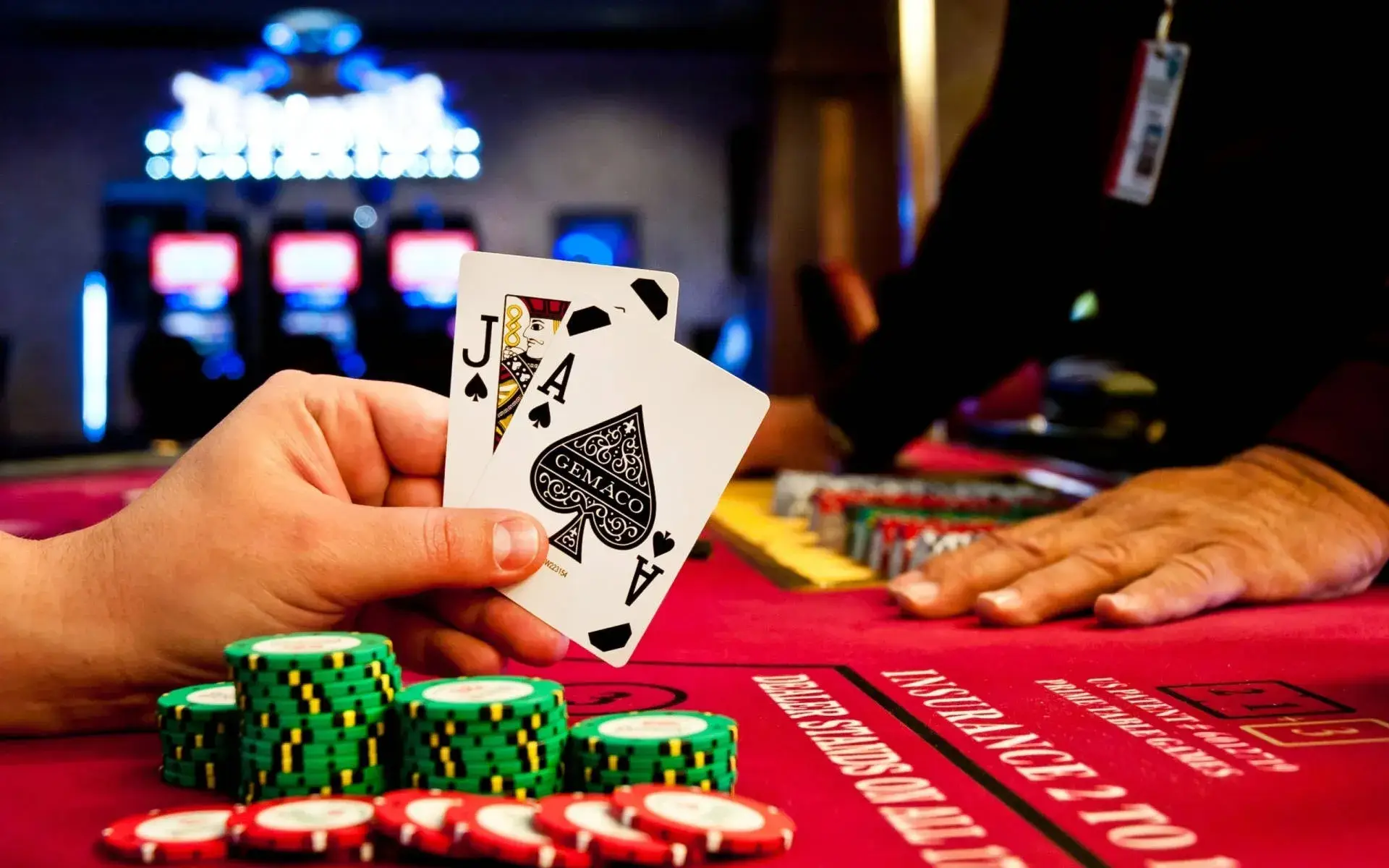Gambling is a combination of all forms of gambling games where the outcome depends on chance and involves financial risk. At the core of the mechanics is a bet: the amount is transferred to the operator’s control until an unknown outcome occurs. The approach covers not only classic casino games, but also slots, bingo, lotteries, card competitions, and even arcade simulations with a chance to win. The attractiveness is formed by a fast cycle, high potential payouts, and an illusion of control over probability. In legal terms, gambling is an area regulated by separate licenses and regulations, distinct from financial markets.
Gambling is not betting. Differences in systems, logic, and expectations
Despite a common origin, gambling and betting demonstrate differences on several criteria. The first format is based on probability that cannot be precisely calculated—such as the number coming up on a roulette wheel or winning in a slot machine. Betting, on the other hand, implies the possibility of a forecast based on statistics, team form analysis, weather data, or athlete injuries. The bookmaker sets the odds, and the player makes choices based on data, not intuition.
Gambling is about chance where predictability is absent at a fundamental level. Betting is a strategy where intellect can influence the outcome. In the former case, randomness becomes the norm, while in the latter, the risk element can be managed through information.
Types of gambling games: where the principle of gambling works
Gambling encompasses dozens of formats. Types of gambling games include:
-
Casino games (roulette, baccarat, blackjack, dice, poker).
-
Slots (classic, progressive, megaways).
-
Lotteries (state, private, instant draws).
-
Hybrid formats (e.g., live shows with wheels).
-
Tabletop intellectual games with an element of chance.
In slots, winnings are generated by a random number generator. In poker, it depends on probabilities and opponents’ actions. In roulette, the result is determined by the physical wheel’s spin. Each game involves money, risk, and an uncertain outcome. Gambling is the core of all these formats: each spin or deal is an independent event without direct player influence.
The psychology of gambling: what happens in a player’s mind
The psychological aspect is fundamental in understanding how gambling works. It’s not just entertainment but a series of emotional states embedded in risk mechanics. Gambling activates the brain’s dopamine system—each spin or card triggers an expectation of reward. Even losses trigger activity because the brain anticipates the next attempt. Gambling is an emotional cycle: anticipation, excitement, brief joy or frustration, desire for repetition. The near-miss effect kicks in, where a near win enhances motivation. Players’ psychology is built on an illusion of control, interpreting random results as patterns. Even in slots where the RTP is programmed, players tend to see patterns where none exist.
Gambling is a balance between chance and strategy
Not all gambling games are based solely on chance. Some formats allow for a strategic element. For example, in blackjack, using a basic strategy chart and card counting increases the chances of winning. In baccarat, the player chooses whom to bet on: banker or player—each bet carries different probabilities. Gambling is not always chaos: many disciplines involve skill. This is especially evident in poker. Over the long run, the result is determined not by luck but by bankroll management, psychological pressure, understanding ranges, and the ability to calculate opponents. However, even here, each tournament is a combination of strategy and variance.
Risk is an inherent element of any gambling game. But in gambling, it takes on a special form. A bet is placed before the result is known, there is no possibility of return, and the outcome is unknown. The degree of risk varies: in slots—maximum, in lotteries—fatal, in roulette—moderate, in poker—manageable. Winning does not depend on efforts, except in games with elements of intellect. In baccarat, for example, the result is determined by a random set of cards. In slots—it’s the random arrangement of symbols. Only in some games does skill influence the outcome.
Capital management strategies in gambling
Gambling requires strict control of the bankroll. Without it, any winning sessions are nullified by a few unsuccessful bets. Bankroll management includes:
-
Setting a total game limit.
-
Setting a maximum bet per session.
-
Stopping play when the loss limit is reached.
-
Evaluating the RTP of selected games.
-
Ignoring chasing losses and doubling bets.
-
Timely withdrawal of profits.
Each step minimizes the probability of a complete loss of the deposit. In gambling, discipline is more important than intuition. A player who controls bets preserves capital and extends play, reducing the risk of instant loss. Without a strategy, control is lost, and emotions take over.
Gambling is an entertainment industry with thousands of formats
Gambling has long surpassed the boundaries of traditional casinos. It is evolving in an online format, integrated into mobile apps, esports platforms, and streaming services. Modern forms of gambling include live roulettes, tournament slots, games with dealers, game shows, hybrid simulators with elements of virtual reality. Bets are placed instantly, calculations occur within seconds, and feedback is accompanied by visual and audio effects. Gambling is not just about risk but also design, scenarios, and gamification. The integration of points, missions, bonuses, loyalty, and rankings turns a simple bet into a narrative participation. A player doesn’t just make a choice—they become part of a world.
How rules and odds work in gambling
Each game has a set of internal rules and a calculation system. In roulette, there are fixed odds (e.g., betting on a number 1:36), in baccarat, there is a margin in favor of the dealer. In slots, there is the RTP indicator—return to player percentage. Standard values range from 92% to 98%, but interpretation is incorrect without context. RTP shows the return in the long term. In the short term, gambling is a series of jumps: you can win x10 of the bet, then lose five deposits in a row. Developers indicate volatility, maximum win, bonus frequency. For example, a slot with 96.2% RTP and high volatility can pay out x5000, but not every day.
Gambling is a scenario where randomness operates
Contrary to common myths, fair licensed platforms do not interfere with the outcome. Algorithms undergo testing in independent labs. However, randomness does not mean chaos: event generators are controlled by mathematical logic. In slots, for example, a certain number of symbols and combinations determine the probability of occurrence. A player cannot predict the next spin. Even if there were five consecutive losses, the sixth is not guaranteed to be a win. This is known as the principle of independent events.
Gambling activates the same neurotransmitters as drugs or sugar. There is no physical dependence—it’s a psychological model at work. Gambling is a constant trigger of expectations: the anticipation of winning, compensation, luck. Cognitive distortion kicks in: a player believes a win should come, even though the probability hasn’t changed. The risk is particularly high with high-frequency bets—in slots, roulette, live games. Instant feedback, animations, sounds, and flashes enhance the effect. That’s why most jurisdictions require operators to add self-control features: time limits, deposits, notifications.
Conclusion
Gambling is a multi-layered system that combines mathematics, psychology, strategy, and culture. Each player interacts with the system at their level: some seek random luck, some calculate moves, some immerse themselves in the atmosphere. Gambling continues to evolve, offering new formats, models, platforms. But with any transformation, the essence remains the same: make a bet, accept the risk, encounter an unpredictable outcome. Understanding the principles, psychology of engagement, and rules of the game is the only way to maintain control and use gambling as a tool for entertainment, not destruction.
 en
en  de
de  ar
ar  es
es  hi
hi  fr
fr  nl
nl  ru
ru  it
it  pt
pt  el
el 










